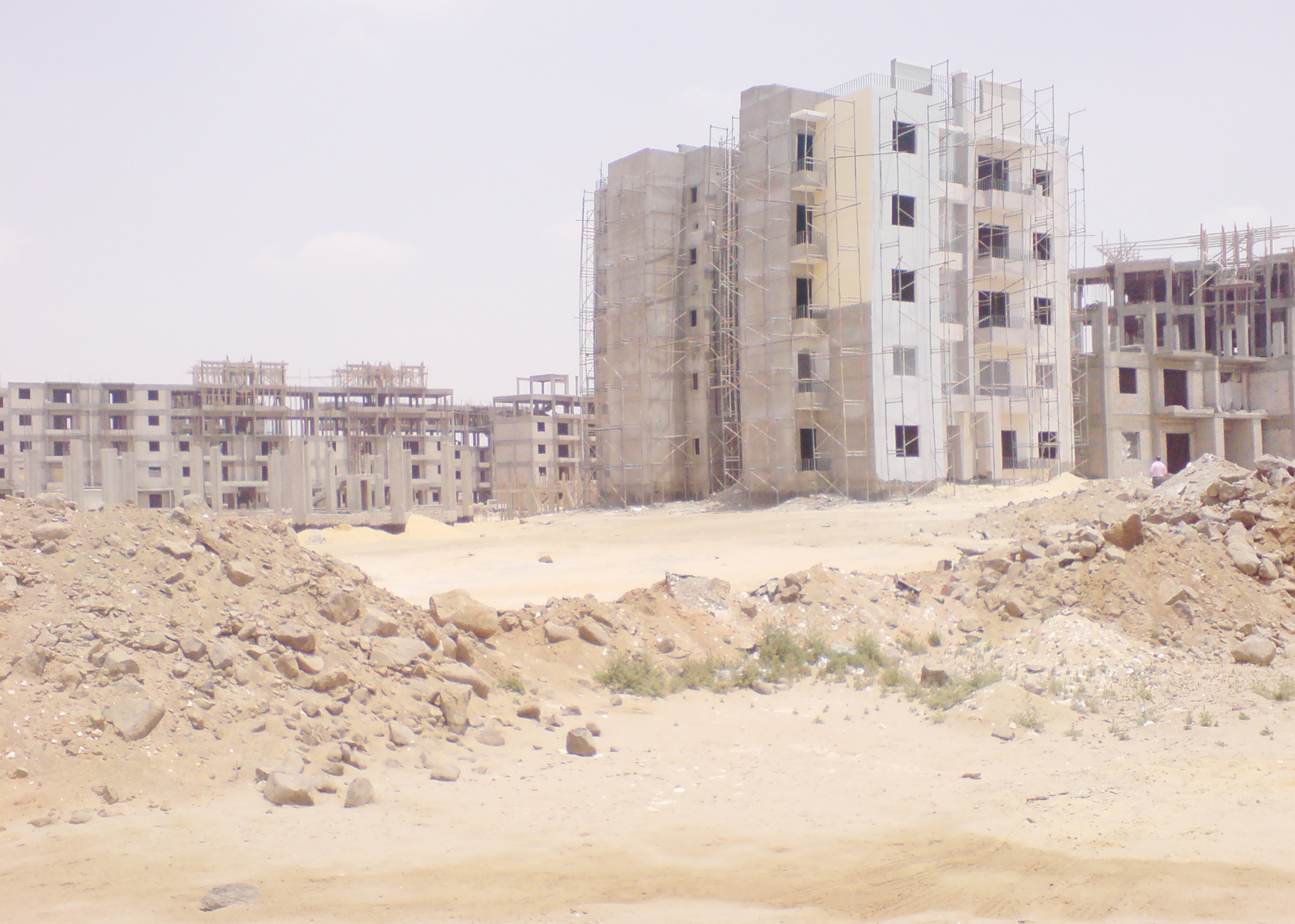A good reading of the reality of the Egyptian market concludes that it is a promising market, full of unique investment opportunities, said Sarah Ibrahim, Vice President of Marketing and Corporate Relations at Barclays Bank Egypt.
Ibrahim added that the Egyptian market is characterised by its significant size, as the population is almost 90 million persons, and its labour power, in addition to the latest legislations that encourage investment, and the great opportunities of participating in the major national projects presented recently.
Ibrahim further highlighted that all the investment opportunities that are currently available in the Egyptian market will lose their value if they are not utilised, promoted for and marketed optimally.
She said that investments in Egypt are generally expected to witness strong growth over the upcoming period, due to the existence of strong laws and regulations that protect the Egyptian market. She added that the government is strongly focused on encouraging investment, which was clear in the Economic Summit held in Sharm El-Sheikh in March, with the attendance and participation of various entities and countries from around the world.
She further noted that clear and specific mechanisms for marketing investment projects and promoting investment in the Egyptian market are necessary.
Ibrahim added that the categories of investors interested in each project should be specified and communicated with, to explain the advantages of each project, and the facilitations and advantages provided to them by the state; whether in infrastructure, or the legislations that organise work in the market. These are all mechanisms and tools that should be cared for and nurtured to promote investment in Egypt, she noted.
She explained that when communicating with investors, we must do it in their own language, which only acknowledges numbers and facts, as the main purpose of the investor is to generate profit. This is what we should facilitate for investors, taking into account benefiting the Egyptian economy; whether through operation of labour, creating job opportunities, collection of taxes on profits, or even the sharing capital and profits with investors, she continued.
Ibrahim said she believes that the indicators of the future of investment and economy in the Egyptian market are encouraging, especially after the launch of various national projects, such as the National Roads Project, and the inauguration of the New Suez Canal. These projects pave the way for a strong economic launch, supported by the major oil and gas discoveries lately, such as the huge Shorouk gas field in the Mediterranean, which is the biggest gas field in the world.
She emphasised that marketing is still the key factor in promoting investment, as Egypt has many promising projects and investment opportunities that, if marketed well, will double revenues.
She explained that all the primary indicators show a great demand by global companies and major investors to participate in the projects for developing the Suez Canal Axis, which are currently being prepared for professionally and with the participation of international expert firms. Primary studies confirm that this project will represent the largest source of income for the Egyptian economy in the future.
According to Ibrahim, investment opportunities in Egypt are not limited to the Suez Canal or the major investment projects alone. There are many other projects that suit all categories of investors in all economic sectors; whether industrial, agricultural, technological, or other.
She added that the only factor that remains is for business owners to be able to market their projects and utilise the investment-friendly Egyptian environment to attract investments and capital; both national and international. This will majorly boost to the Egyptian economy and make it capable of achieving large growth rates in accordance with the Egyptian state’s ambitious aspirations.
Regarding the role banks can play in supporting the economy over the next period, Ibrahim explained that banks can play a major role in supporting the development and growth of the economy through expanding financing to small and medium enterprises (SMEs). This is of major importance in the current stage, due to their ability to accommodate labour and double production, she noted.
Banks can also provide the necessary funding for grand national projects, and participate in them. This would significantly reflect on the rates of executing these projects, and thus help speed up the economic growth rates.
She added that Egyptian banks enjoy large liquidity rates, estimated at about EGP 600bn. Banks can direct a major part of this liquidity to promising projects in the Egyptian market, which will result in a significant economic boost. Owners of these promising projects still have the responsibility to prepare serious feasibility studies that encourage banks to pump their liquidity into financing these projects.
Ibrahim said banks are definitely a key factor in supporting all economic sectors through financing the industrial, agricultural, and technologic, sectors, and directing their owners to the best practices that will give them the best possible results.
Banks can also launch new banking products and services that meet the increasing needs of clients in different segments, which boost the market and benefits the national economy. In short, the banking sector is the backbone of the Egyptian economy.
END




